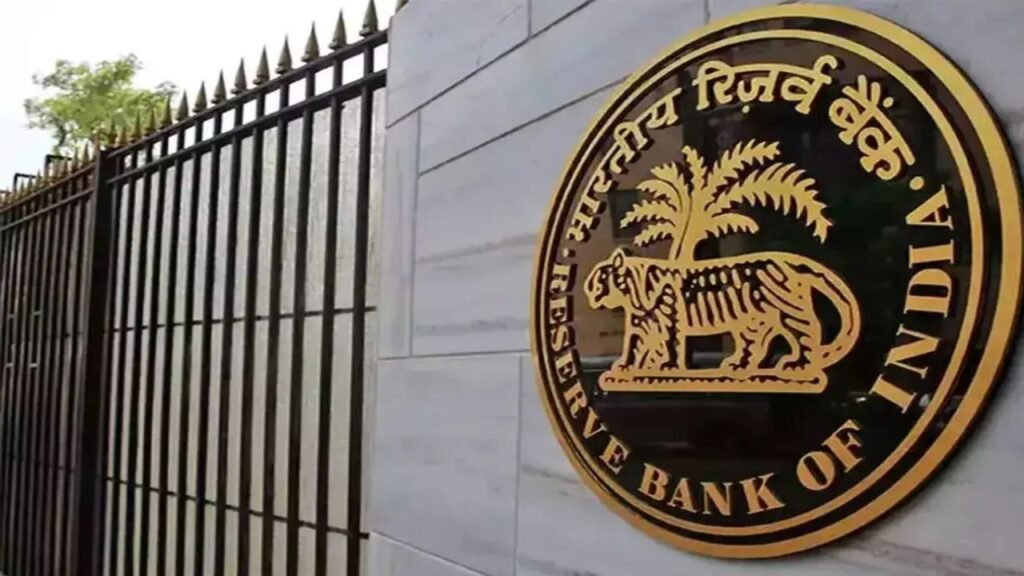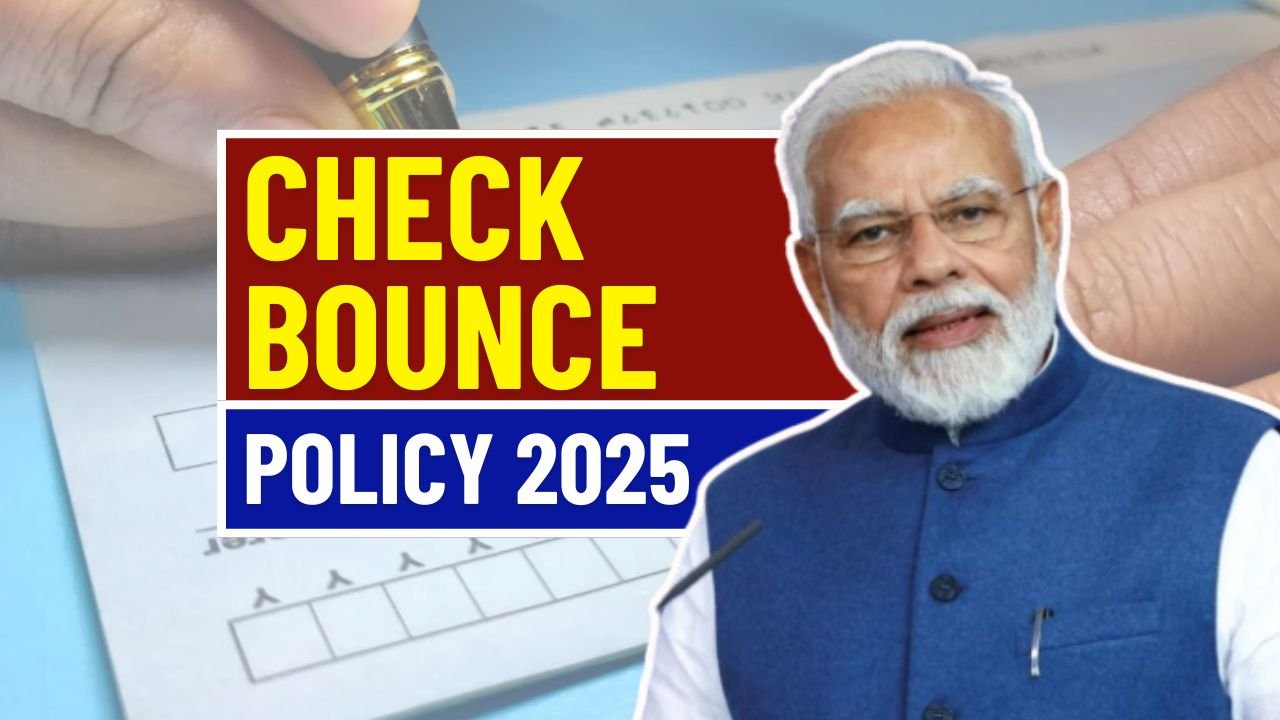The Reserve Bank of India (RBI) has announced sweeping changes to its cheque bounce regulations, set to come into force in 2025. This policy overhaul marks a significant step toward modernizing cheque transactions while strengthening accountability and minimizing fraud. With digital payments becoming more dominant, the revised rules are designed to make cheque usage more secure, efficient, and transparent.
Core Reforms Introduced in the 2025 Policy
The updated cheque bounce policy introduces stricter measures for individuals and businesses that frequently default on cheque payments. Financial penalties for repeated offences have been raised, while customers will now receive mandatory SMS alerts for every instance of cheque dishonour. Furthermore, banks are expected to implement stronger verification protocols and adopt advanced technology to track cheque clearances more effectively. This transformation also encourages a gradual transition to digital cheques, reducing reliance on physical documentation.
Why the New Guidelines Are a Game Changer
These changes are poised to bring about a considerable improvement in the way cheque-based transactions are handled across the country. With increased liability for issuers and stronger monitoring systems in place, cheque fraud is likely to see a significant decline. The policy also seeks to restore public confidence in using cheques by ensuring timely communication between banks and customers, enhancing transparency and promoting better financial practices.
Consequences for Various Banking Segments

The implications of the updated policy will vary depending on the type of account holder. For regular cheque users, stricter oversight and higher penalties mean that extra attention must be paid to account balances. Business entities must ensure seamless fund management to avoid operational disruptions. New account holders will benefit from clearer guidance on cheque usage, while digital banking customers may find digital cheque options to be quicker and more secure. Overall, the policy enhances the reliability and predictability of the banking ecosystem.
Steps Individuals and Businesses Must Take
To avoid falling foul of the new rules, customers must adopt proactive banking habits. Regularly checking account balances before issuing cheques will be critical. It’s also vital to pay close attention to alerts from the bank and maintain open channels of communication. Businesses should consider staff training to ensure everyone is up to date with the new cheque protocols. Embracing digital cheque services could provide added convenience while aligning with the RBI’s modernization goals.
Answers to Commonly Raised Questions
Several questions have emerged in response to this updated policy. Many are concerned about the nature of penalties and whether there are any exemptions. Banks are expected to define these clearly, but repeat offences may lead to elevated penalties or even account restrictions. Businesses, in particular, must adapt by updating their internal cheque issuance and verification processes. Meanwhile, individual customers are advised to stay in regular contact with their banks for clarification and guidance.
Understanding Penalties and Non-Compliance Risks
The RBI’s policy includes a clear breakdown of consequences based on the frequency and severity of cheque-related issues. A single instance may incur standard bank penalties, while repeated bounces could attract higher charges and even operational restrictions. Cases of cheque fraud or deliberate misuse could lead to legal action. On the other hand, the RBI is actively encouraging the use of digital cheques, which come with faster processing and fewer chances of error, and are currently free from penalties.
Preparing for a More Accountable Cheque Ecosystem
As the enforcement date nears, both customers and financial institutions must gear up for the new normal. Banks will need to ensure their systems are equipped to handle stricter verification and tracking. Consumers should take the opportunity to familiarize themselves with digital alternatives and build habits that prevent cheque-related lapses. Through informed decision-making, effective communication, and better financial planning, all stakeholders can benefit from a more secure and streamlined banking experience under the RBI’s revised cheque policy.

